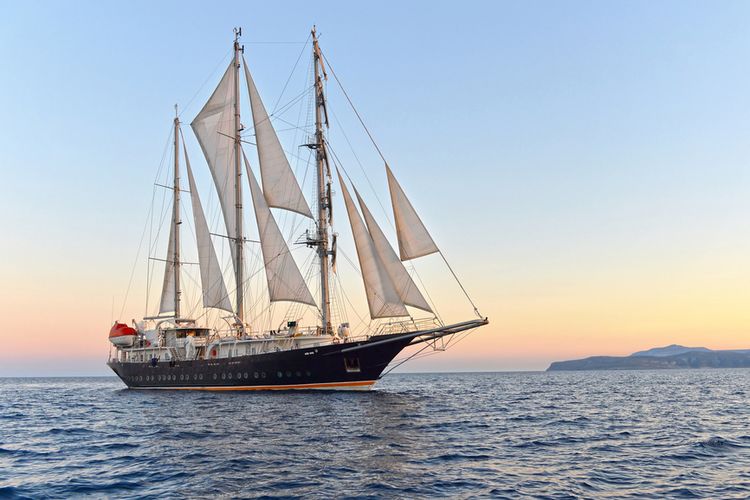Maritime Resolution 2022: Create a Maritime Ambassador
Maritime Resolution 2022: Create a Maritime Ambassador
now we are in 2022. We have just let go of 2021 with all the joy even though we can’t fully celebrate it in full glory. However, there is no need to celebrate New Year excessively. Just enough.
This is because the Covid-19 outbreak is still stalking us all. What is important in every new year is new enthusiasm to face the journey of life in the next year. These are some of the wise words of modern people.
The spirit that is determined to live the new year is commonly called a resolution. So, what can be used as a resolution for the national maritime world in 2022?
Realizing the Dreams of the World Maritime Axis
This article tries to offer one of them, namely realizing the existence of a special maritime ambassador. I have expressed this idea several times, both in writing and in discussion forums.
The last thing I said was in front of our diplomats who invited me to provide input (review) for the maritime research they were making. It was held in the second week of December 2021.
World maritime axis
The idea of a maritime ambassador is actually simple. The idea was motivated by the slogan “diplomacy begins at home”. This means that a country’s diplomacy or foreign policy starts from within its own country.
Simply put, if a country’s internal desire is to become or obtain something, then its foreign policy/diplomacy must be directed towards achieving that desired goal. In the case of Indonesia, the domestic desire (read: President Joko Widodo’s vision) is to become the world’s maritime axis. Of course, our diplomacy abroad, through representatives throughout the world, must be able to achieve this in various ways.
In end-of-year discussions with diplomat friends as mentioned above, I got the impression that they were confused – if not to say ignorant – about the vision in question. Moreover, how to make it happen. And, the research they asked for a review was an effort to close existing gaps.
In fact, there are many domestic maritime issues or programs that need to be touched by our diplomats so that they also resonate abroad. So, the success rate could be greater because it received a positive response from international circles.
In order for the encouragement given by Indonesian diplomatic personnel to be more efficient and focused, it is necessary to create a formal position to orchestrate everything. The position must be an ambassador like the ambassadors we usually have. He has a special mission to fight for everything related to maritime.
Placed in IMO
Of course, the appropriate place for a (maritime) ambassador is at the International Maritime Organization or IMO. Currently, the Indonesian ambassador in London is the permanent representative for the institution which is a UN unit.
In practice, those who attend most of the IMO sessions are transportation attachés (athub) with the position of alternate representative. The attaché is only an official with very limited authority. In fact, he has to attend IMO sessions which last 36-40 weeks every year.
As a comparison, RI places an Ambassador at UNESCO. Several other IMO member countries also have ambassador-level representatives.
As a comparison, Malaysia, which was first elected as a member of the IMO in 2005, places personnel with first class qualifications which are to some degree equivalent to the position of ambassador. This neighboring country has been recorded as placing a former/retired Director General of the Marine Department (at the level of Director General of Sea Transportation).
So, with this experience, Malaysian representatives at IMO can play an active role in discussing every issue. The position of Indonesian maritime diplomacy, which only has the status of attache, was made worse by the election of a Ministry of Transportation employee to become Athub. Athub often takes the form of a “consolation” gift for officials who are unsuccessful in obtaining a position in echelon II at head office. They were not well prepared, this was even proven by their relatively low level of English.
Therefore, gaps often arise in communicating with partners. For example, it was wrong to convey a statement about Indonesia’s position, and many did not even dare to speak. Maritime ambassadors are needed to attract as many international players as possible into the domestic maritime business. The latest is the port business which will become even more shiny with the merger of four state-owned port operators into one single entity.
International players can consist of shipbrokers, charterers, marine insurers, maritime law, and so on. With the network that our diplomats currently have, it is not impossible that this target can be achieved. If the idea of a maritime ambassador can be realized, then who should be appointed to the position? Ideally, those who currently have a career as diplomats at the Ministry of Foreign Affairs can fill it. They are used to diplomacy. And, most importantly, they already have proven access to the international community.


